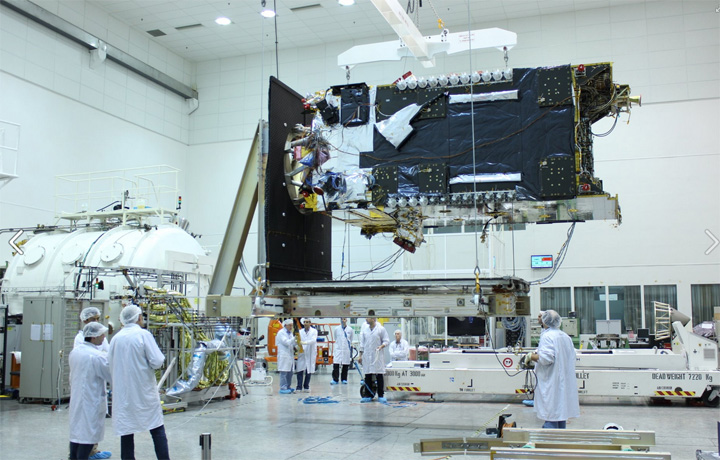Facebook announced Monday it aims to deliver free Internet service to sub-Saharan Africa in 2016.

In partnership with French satellite provider Eutelsat, the project will use a new satellite called AMOS-6 to provide Internet to “large parts” of sub-Saharan Africa. Facebook said it will work with local partners across African regions to help get communities online.
However, it’s not yet known how many communities will receive Facebook’s free Internet service.
Facebook first announced plans to connect the entire world to the web with its Internet.org project back in 2013. Although it went public with its intentions to use satellites to beam Internet service from space in 2014, this is will be the first project to use the technology.

Get breaking National news
“Over the last year Facebook has been exploring ways to use aircraft and satellites to beam internet access down into communities from the sky,” wrote CEO Mark Zuckerberg in a Facebook post.
“To connect people living in remote regions, traditional connectivity infrastructure is often difficult and inefficient, so we need to invent new technologies.”
Facebook has worked with more than a dozen mobile operators across 17 countries over the past year to deliver basic web services to people in emerging markets through Internet.org.
In July, the company said the service is now available to more than a billion people.
Internet.org initially launched in Africa, but has since expanded to cover large areas in Pakistan, India and Indonesia.
READ MORE: Facebook to scale up free Internet service on 1-year anniversary of Internet.org
But, Facebook has faced a lot of criticism over Internet.org’s roll-out.
When Facebook began offering the service in India in April it faced backlash from a number of leading technology and Internet firms, some of which pulled out of their partnership with the service.
Experts argued that Internet.org violates the principles of net neutrality, arguing that providing access to only some websites and services for free prevents users from having a free and open Internet.
Facebook CEO Mark Zuckerberg has disputed these claims, stating that some services on the web should be available for free in order to help those who are unable to afford access.








Comments